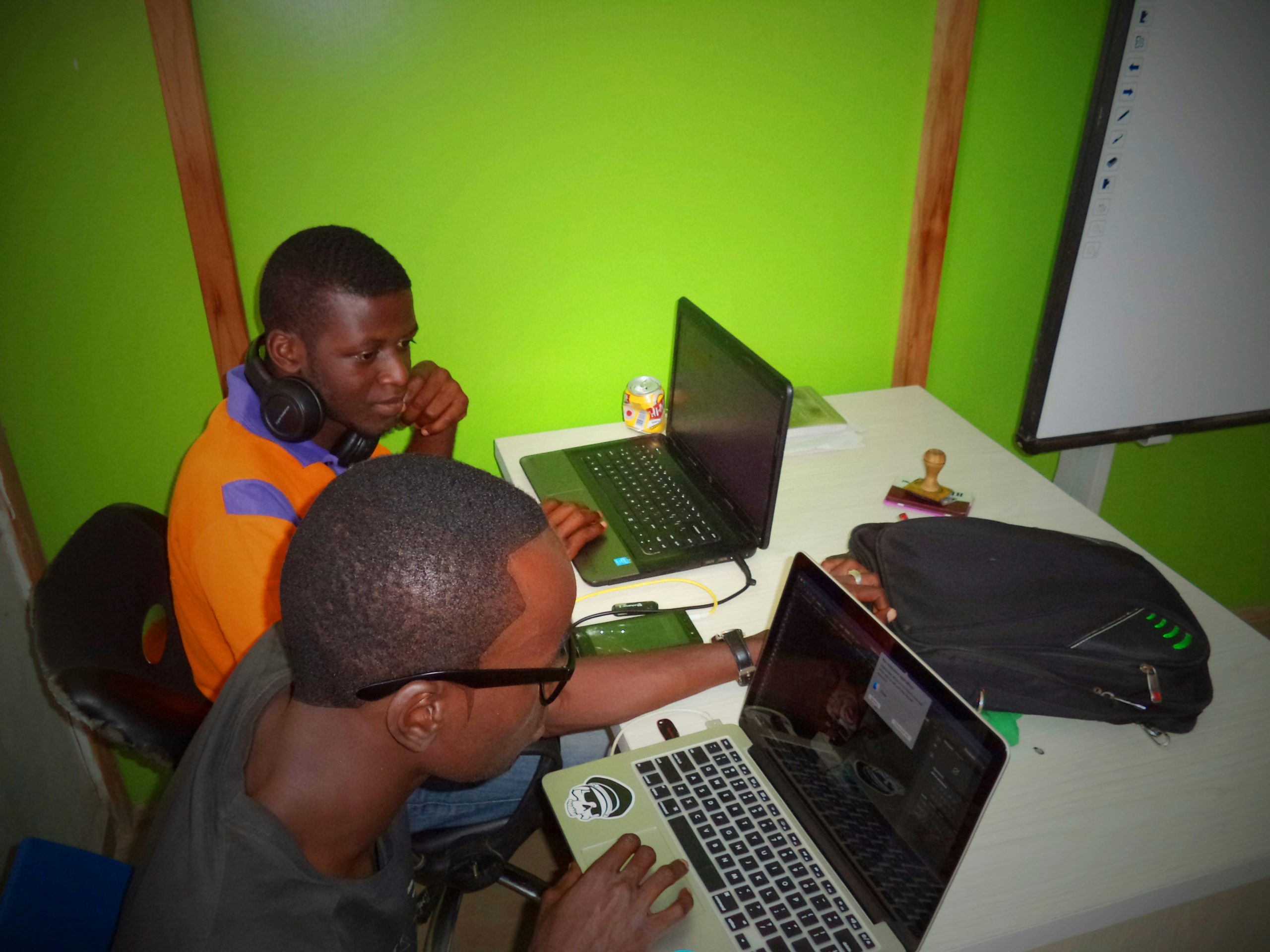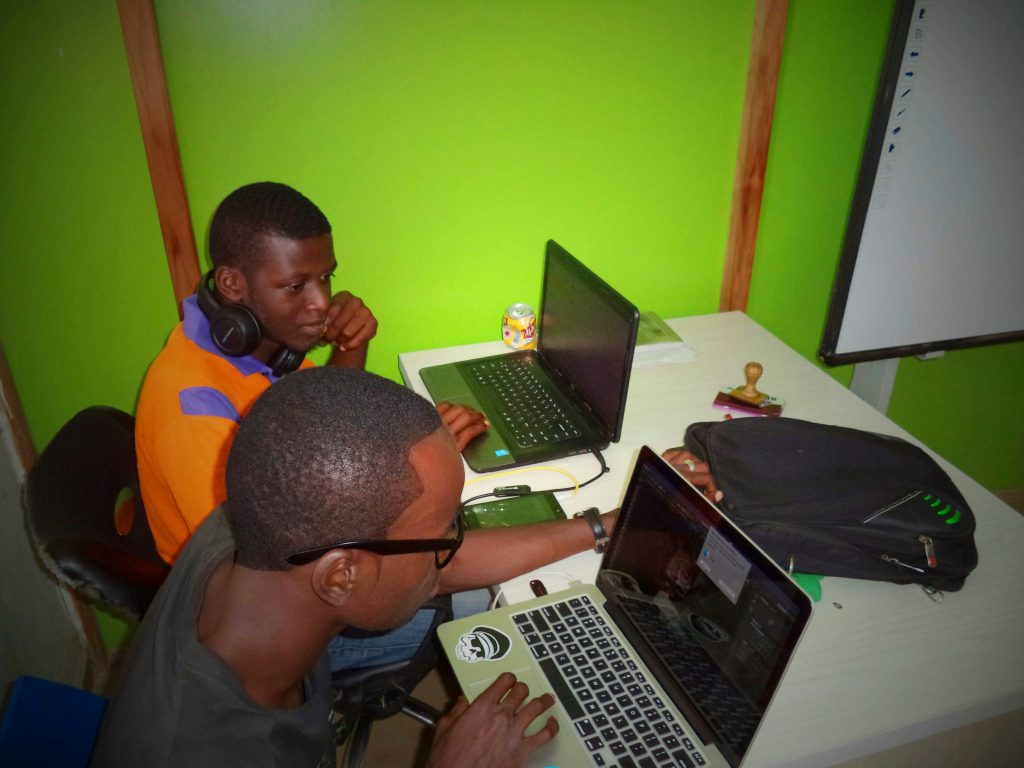
-
May 13, 2025
Digital Literacy: The Cornerstone of an Inclusive Digital Future
Empowering People with the Skills to Thrive in a Connected World

Fatima Alvi

Digital Literacy: The Cornerstone of an Inclusive Digital Future
Empowering People with the Skills to Thrive in a Connected World
Date: 13/05/2025
In the age of rapid digital transformation, digital literacy is no longer a luxury—it’s a necessity. As more services, opportunities, and interactions shift online, the ability to navigate digital environments confidently and safely is fundamental to full participation in modern society.
From accessing education and employment to managing finances and engaging in civic life, digital literacy empowers individuals to thrive in the 21st century. Yet, millions across the globe remain digitally excluded due to limited skills, infrastructure, or access.
What Is Digital Literacy?
Digital literacy goes far beyond the ability to use a computer. It includes a broad set of skills:
- Navigating the internet
- Using digital tools and apps
- Evaluating online content critically
- Protecting personal data and privacy
- Communicating safely and ethically online
These competencies enable individuals to not only consume information but also create, collaborate, and participate meaningfully in digital spaces.
Why Digital Literacy Matters More Than Ever
The global shift toward digital systems in education, healthcare, government, and business has widened the digital divide. According to the International Telecommunication Union (ITU), around 2.6 billion people globally remain offline, many of whom are in low-income, rural, or marginalized communities.
Without digital literacy, people are at risk of falling further behind economically, socially, and politically. Digital skills open doors—to learning, employment, entrepreneurship, and empowerment.
The Gender Gap in Digital Skills
Women and girls are disproportionately affected by the digital divide. They are less likely to own digital devices, less likely to be online, and more likely to lack the confidence or training to use digital tools. The GSMA Mobile Gender Gap Report shows that women in low- and middle-income countries are 19% less likely than men to use mobile internet.
Closing this gap is essential for achieving gender equality and unlocking the economic potential of half the world’s population.
Education, Policy, and Partnerships: A Path Forward
To build a digitally literate society, we need an ecosystem approach—where governments, tech companies, educational institutions, and civil society work together.
Key strategies include:
- Integrating digital skills in school curricula from an early age
- Providing community-based training programs for adults and underserved groups
- Ensuring affordable access to digital devices and internet connectivity
- Developing inclusive content in local languages and formats
- Promoting digital safety awareness to combat misinformation and cybercrime
Digital Literacy for the Future of Work
In a world increasingly driven by AI, automation, and remote collaboration, digital literacy is foundational for employability. Basic skills are no longer enough—future-ready workers need to adapt to evolving tools, platforms, and ways of working.
Investing in digital upskilling and reskilling ensures that people aren’t just consuming technology, but using it to innovate, solve problems, and lead.
Conclusion: Leave No One Behind in the Digital Age
Digital literacy is the great equalizer of our time. When people have the skills to confidently use technology, they gain access to a world of opportunities. It’s how we bridge divides, boost economies, and create inclusive digital societies.
Now is the time for global action—because a digitally literate population isn’t just an advantage; it’s a requirement for a just, equitable, and sustainable future.
Digital Literacy – Global Digital Inclusion – Online Safety Awareness – ICT Skills – Tech Empowerment – Digital Divide

Leave a Reply